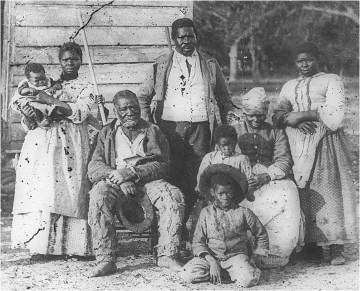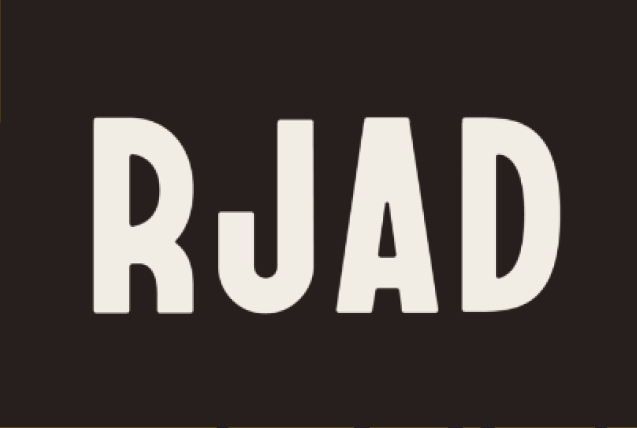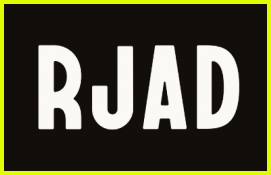About RJAD
The Racial Justice and Abolition Democracy Project (RJAD) is a prototype curriculum designed by and for those committed to exploring an end to mass incarceration.
RJAD is an upper-division action-oriented multi-disciplinary curricular program in the humanities, arts, social sciences, public policy, and law.
We believe racial justice means reparation for the ravages of racial capitalism. It also entails concrete actions to dismantle violent, exploitative, harm-inducing systems, such as the criminal legal system. Finally, racial justice consists of the creation of spaces of healing and thriving.

Our Mission
The narrative-changing work of Square One and the practice-oriented justice engagement and abolition work of the Initiative for a Just Society are part of the curriculum, informing its development and providing opportunities for students and community members to think critically about the current state of the United States. The goal of this curriculum is to increase learning about the history of racial injustices and encourage students and participants to re-imagine a more fair and just society without jails and prisons.
As described by Angela Davis, W.E.B Dubois argued that the abolition of slavery should have been accompanied by means in which freed Blacks could economically sustain themselves, have access to educational institutions, and the right to exercise their civil duties in order to achieve what he coined, “abolition democracy.”

Demonstrators sit, with their feet in the Reflecting Pool, during the March on Washington, 1963.
With this as a guiding principle, the RJAD curriculum takes a multidisciplinary approach to the history of the U.S. through the lens of reckoning with racialized history and its link to democratic structures with an emphasis on the criminal legal process. The goal of this curriculum is to increase learning about the history of racial injustices and encourage students and participants to re-imagine a more fair and just society without jails and prisons.
This curriculum engages egregious instances of state-sanctioned violence, including criminal injustice, the pandemic crisis in jails and prisons, racialized mass criminalization and incarceration, and excessive punitiveness, including the death penalty. It also explores survival and resilience, community-based responses to state and personal violence, political change, abolition movements, and personal healing through storytelling and the arts.

